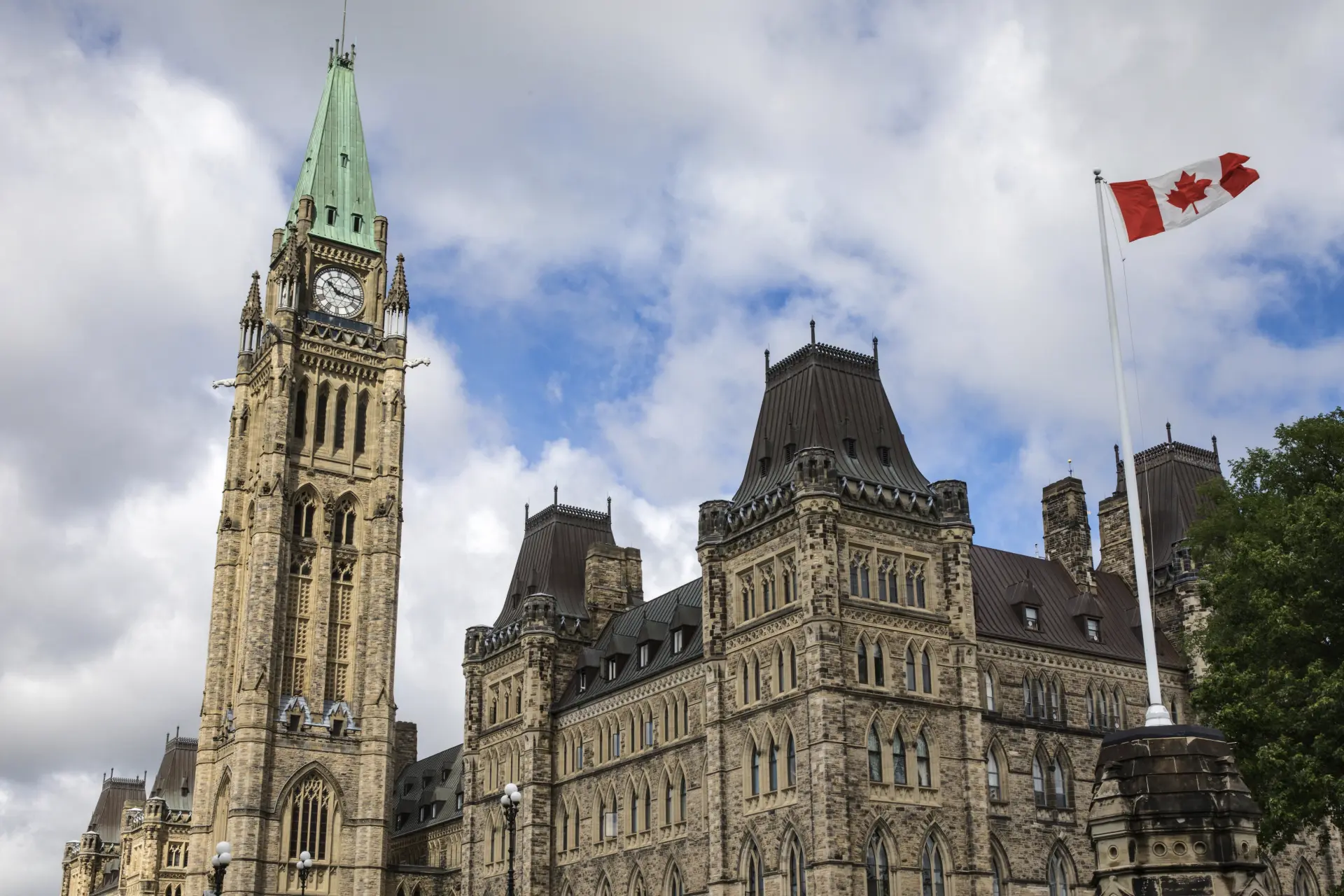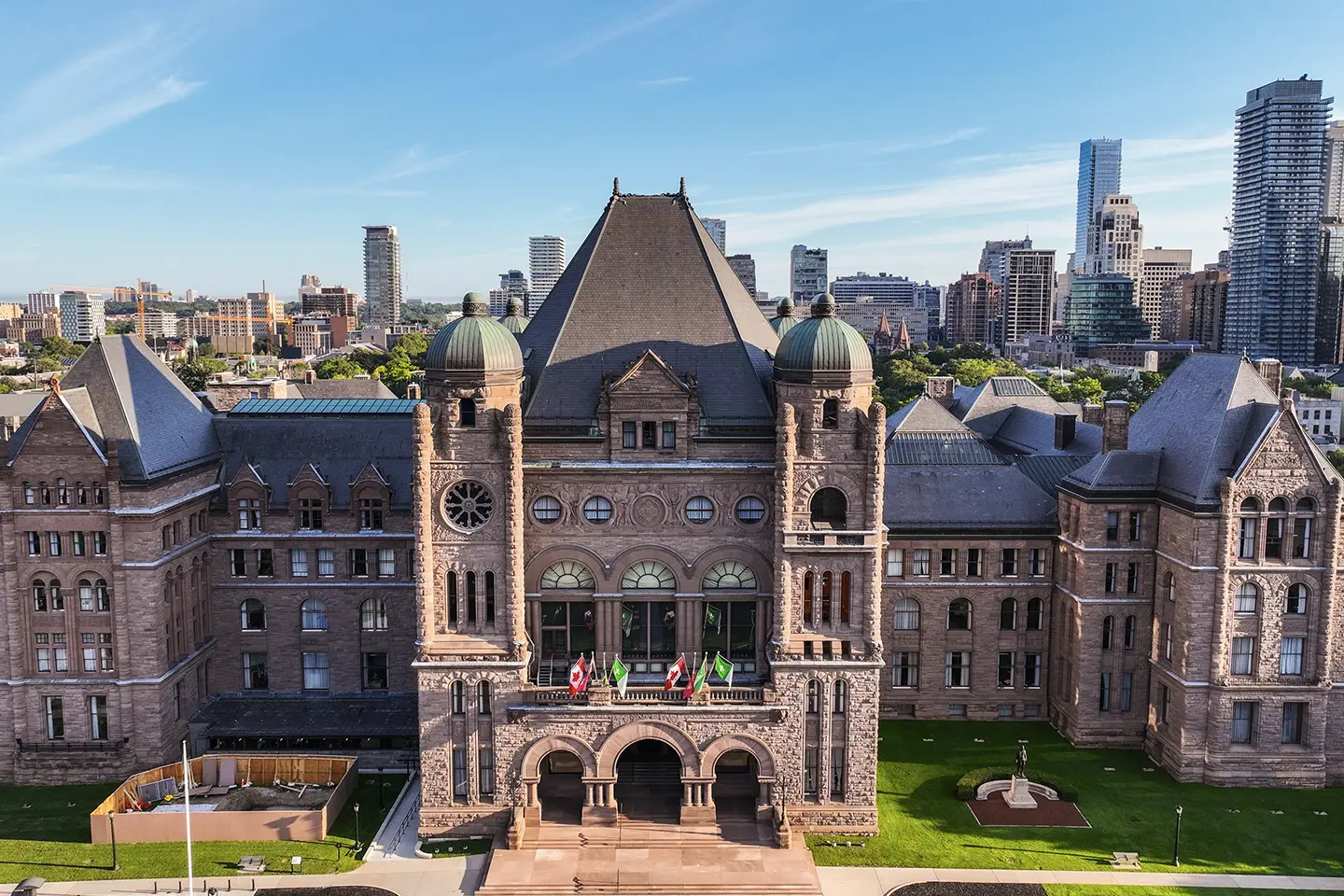Proposed Offset Credit System Regulation Posted for Comment by Federal Government

On March 5th, Environment and Climate Change Canada (ECCC) published its proposed Greenhouse Gas Offset Credit System Regulations (Canada) in the Canada Gazette, Part I. Submissions regarding the proposed regulations will be accepted by ECCC until May 5, 2021. Publication of the final regulations is targeted for fall 2021.
Development of the Federal GHG Offset Credit System
Since 2018, ECCC has been putting the pieces in place to develop a federal GHG offset credit system as part of the Government of Canada's carbon pollution pricing system under the Greenhouse Gas Pollution Pricing Act (GGPPA) in order to support Canada's actions to reduce GHG emissions. A key objective of the proposed regulation and ultimately the federal Offset Credit System is to further extend the carbon pollution price and incentivize activities that lead to GHG reductions that are not required under existing regulations or covered by other measures related to carbon pollution pricing.
Broadly speaking, the System would consist of three main elements:
- regulations made under the Act to implement the operational aspects of the system;
- federal offset protocols to establish the methods for quantifying GHG reductions for given project types; and
- a credit and tracking system to register offset projects, issue and track offset credits, and share key information through a public registry.
Proposed Regulation
The proposed Regulations would be made under Section 195 of the GGPPA and establish requirements for the operational aspects of a federal GHG offset credit system to be administered ECCC. In order to generate offset credits under the proposed Regulations, a project would have to satisfy eligibility criteria, and be implemented by a project proponent in accordance with a federal offset protocol.
Elements included in the proposed regulation include:
- Registration application requirements
- Project eligibility criteria
- Crediting and reporting
- Environmental integrity account
- Federal offset protocols and the necessary content they must include
- Consequential amendments
Offset Protocols
The development of federal offset protocols would occur separately from the regulatory development process. ECCC plans to develop and publish protocols in phases. The first four offset protocols that are to be developed were initially identified earlier this year.
- Advanced refrigeration systems: A protocol for activities that reduce or avoid the use of fluorinated refrigerants, such as hydrofluorocarbons (HFCs), which have high global warming potential (GWP). These activities may include installing new low-GWP refrigeration systems or substituting GHG-intensive refrigerants with less GHG-intensive alternatives through the replacement or retrofitting of existing refrigeration systems.
- Landfill methane management: A protocol for activities that reduce methane emissions from open or closed landfill sites, such as the installation and operation of equipment to capture and destroy methane.
- Improved forest management: A protocol for activities may include increasing rotation ages, thinning diseased trees, managing competing brush, and stocking trees to maintain or enhance carbon storage.
- Enhanced soil organic carbon: A protocol for sustainable agricultural land management activities that reduce GHG emissions and enhance soil carbon sequestration on agricultural lands.
Each federal offset protocol would define, or provide the methods for determining, a baseline for project activities, as well as the methods for quantifying GHG reductions that would be considered incremental to this baseline. The project baseline is the business-as-usual scenario against which project activities must be measured and from which federal offset credits could be generated. A project activity must reduce or remove GHGs in relation to the project baseline for it to generate GHG reductions that would be considered incremental to the baseline.
Applications and Use of Offset Credits
- The establishment of the federal offset system is projected to lead to impacts in the federal OBPS. Specifically, covered facilities would be able to acquire federal offset credits through private trading and use these credits as compensation for their excess CO2e emissions.
- Federal offset credits could also be considered as a mitigation measure to offset GHG emissions for a project undergoing an impact assessment by the Impact Assessment Agency of Canada. The use of federal offset credits could be included as a condition in the Minister's decision statement related to the assessment.
- Governments, businesses and individuals could use these credits to meet voluntary targets, such as net-zero GHG emission targets, or they could choose to voluntarily cancel offset credits for the benefit of the environment.
Alignment with Provincial Offset Systems
ECCC has endeavoured to align its proposed system with existing offset systems in Canadian jurisdictions (British Columbia, Alberta and Quebec) but the key difference within the proposed Regulations is the requirement to reflect the national context and specific objectives of the federal system, such as allowing for the development of offset projects nationwide, while seeking to minimize overlap between federal, provincial and territorial systems.
Several provincial governments have established, or are in the process of establishing (e.g. Saskatchewan), offset systems to support their carbon pollution pricing programs and policies. The federal offset system is intended to complement these systems. Federal offset protocols would not apply to any new project in a province or territory with an offset system that has or develops a protocol for the same project activity. In the event that a provincial or territorial offset system does not have a current protocol for a project activity that is covered by a federal offset protocol, the project proponent could apply to register in the federal offset system using that federal protocol. ECCC is looking to adapt protocols from existing offset systems in British Columbia, Alberta and Quebec, as well as from other offset systems, for application across Canada. For Ontario, at this time the use of offset credits to fulfil compliance under the Ontario Emissions Standard (EPS) is not permitted; it is unclear if this will change once the transition between the application of the OBPS to EPS has fully taken place.
Implementation
The proposed Regulations would come into force on the day on which they are registered. For any registration application made before or on December 31, 2023, a project proponent would be eligible to register a project in the federal offset system provided that it started on January 1, 2017, or later, the eligibility criteria are met, and a federal offset protocol is published for the given project type. Starting in 2024, a project proponent would be eligible to register an offset project that started no more than five years before the date of its registration.
Happy to help.
Please reach out to your Sussex representative directly or to a member of the Federal Energy & Environment Team.


